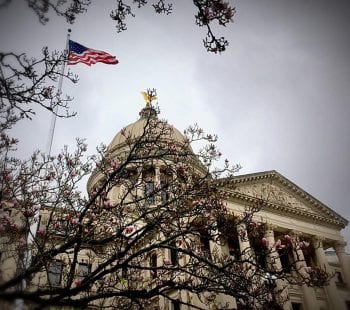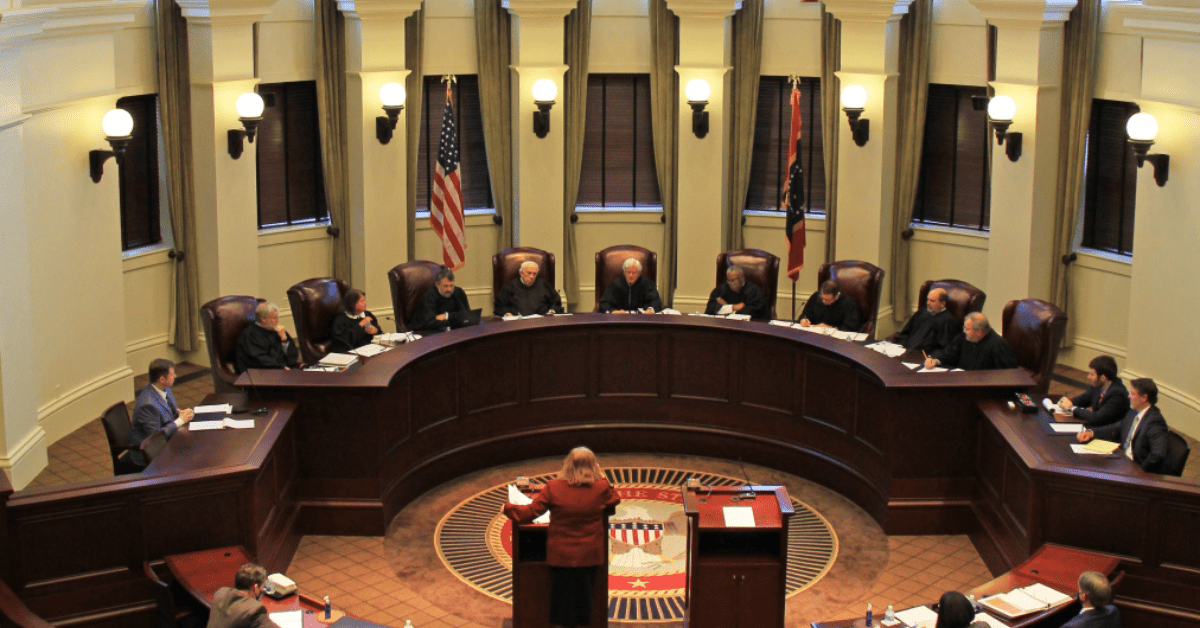
The purpose of the Education Scholarship Account program is to offer parents of children with disabilities educational financial assistance.
In December, the Joint Legislative Committee on Performance Evaluation and Expenditure Review (PEER Committee) released its report titled “2022 Statutory Review of Mississippi’s Education Scholarship Account (ESA) Program.”
According to the report, the purpose of the ESA program is to offer parents of children with disabilities financial assistance to place their children in a nonpublic school setting and receive other educational services that parents believe best meet the needs of their child.
This biennial report is the third conducted by PEER and includes a review of the last two years of program operation for Fiscal Years 2021 and 2022. The budget for the ESA program for those years was $3 million per Fiscal Year.
“Of the $6 million budget, MDE disbursed $4.8 million to parents and educational service providers and expended $276,205 for program administration,” the report stated. “Unused program funds in the amount of $859,892 lapsed and were returned to the State Treasury, along with $83,795 in unused administrative funds. The excess of funds indicates sufficient program funding.”
The report found that as of October 2022, there were 127 students on the ESA waitlist. PEER notes that such a list may lead some to believe that the program funding is not sufficient. However, PEER contends that the current ESA budget of $3 million per year could be better used to address students on the waitlist.
“This effort would require changes to state law and MDE’s administration of the program, including projections of program participation and use of funds, as well as MDE’s strict adherence to the three-year recertification requirement for ESA participants,” the report added.
During FYs 2021 and 2022, 546 ESA participants attended 120 nonpublic schools in Mississippi. While some of the schools are designed to serve students with disabilities, the majority are not.
Among the other key findings in the report, PEER says during FYs 2021 and 2022, participants used an average of 96% of their ESA funds on tuition expenses. Tutoring accounted for another 2% of funds, while various expense categories accounted for the remaining expenditures.
The state’s net cost for the ESA program over the two Fiscal Years was $966,589 and $1,100,923, respectively.
The Committee recommends the Legislature amend state law to allow for the Mississippi Department of Education (MDE) to fund each student’s ESA up to the maximum ESA amount for each school year.
PEER further suggests that MDE should continue to improve its administration of the ESA program.
“In order to improve program accountability, MDE should require that all participating schools submit MDE’s school assurances form attesting that they meet statutory obligations and will comply with program requirements (e.g., provide a pre- and post- test to students and submit results to MDE),” the report recommended. “For current ESA participants, forms should be signed before MDE reimburses any additional expenses to parents or schools. For future participants, forms should be signed before ESA awards are finalized.”
PEER also recommends that in order to improve the ESA program’s accountability structure, by January 1, 2024, MDE, in consultation with PEER staff, should provide the following information and recommendations to the Mississippi Senate and House Education committees regarding the ESA statute:
- whether the types of pre- and post-tests included in statute should be limited to specific tests;
- what type of performance information should be submitted by schools at the end of the school year related to the special needs of the student; and,
- what information schools should submit regarding ESA students’ performance on Advance Placement exams or exams related to college or university admission, four-year high school graduation rates, and college acceptance rates.
The 2023 legislative session begins on January 3rd. Lawmakers could take up these recommendations when they return to the Capitol.
You can read the full report here.











